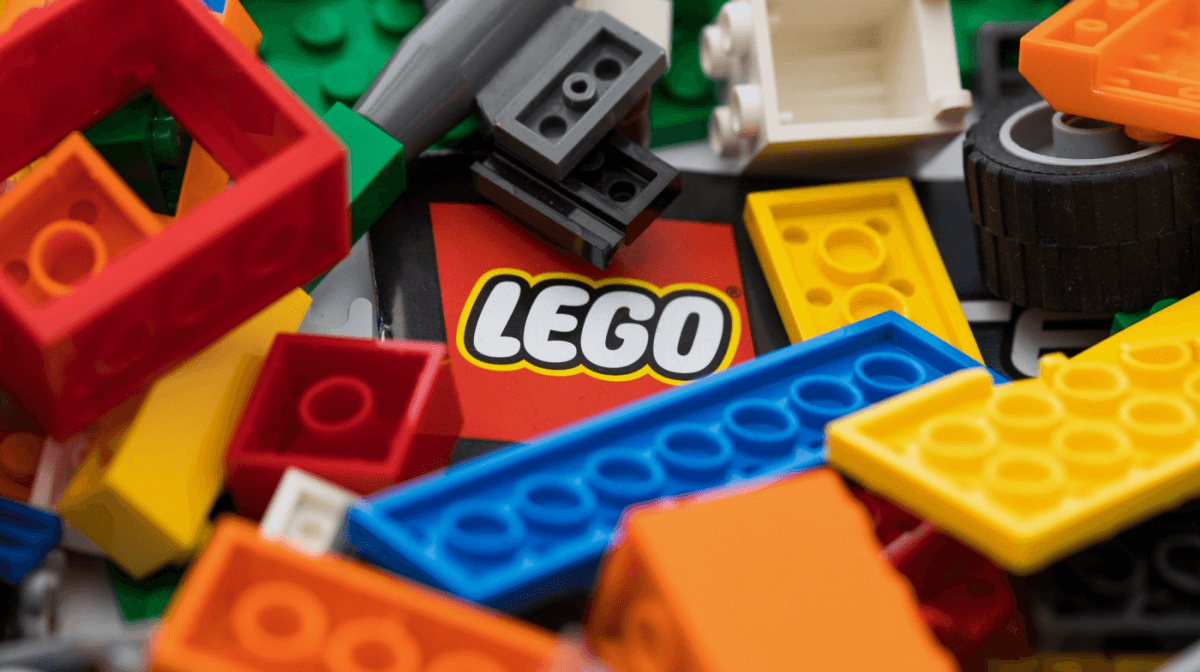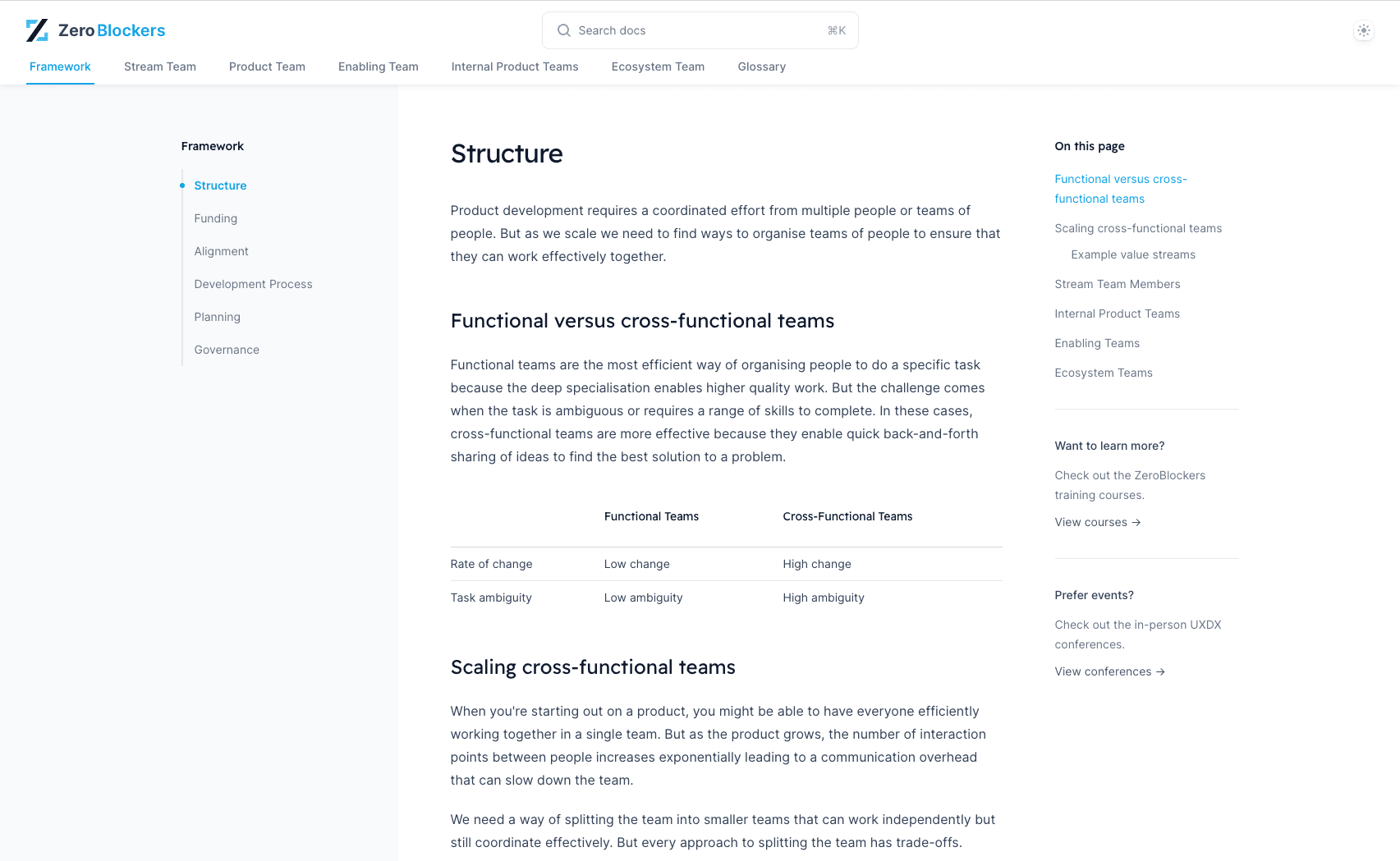Case StudyStream Team: Running Experiments - Running Quick Experiments with Guerrilla Research
The LEGO Group, known for its innovative approach to product development, faced the challenge of obtaining rapid user insights without incurring high costs or long timelines. Traditional UX research methods were often too slow and expensive, hindering the ability to make quick, data-driven decisions. The company needed a more agile approach to gather user feedback and validate ideas swiftly.

The Solution
The LEGO Group adopted guerrilla research techniques, focusing on quick, cost-effective experiments. The key components of their approach included:
- Guerrilla Research Methods: The LEGO Group employed guerrilla research methods, which involve quick, informal studies conducted in natural environments. This approach allowed the team to gather immediate feedback from real users without the need for extensive planning or resources.
- Location-Based Testing: The team conducted research in locations where potential users naturally congregated, such as cafes, parks, and public spaces. This method provided access to a diverse range of participants and facilitated spontaneous interactions.
- Minimal Setup and Tools: Guerrilla research required minimal setup and tools, often just a prototype and a recording device. This simplicity enabled the team to move quickly and adapt to different environments.
- Iterative Feedback Loops: The team used an iterative approach, testing small changes and gathering feedback continuously. This allowed for rapid learning and quick adjustments based on user responses.
- Cross-Functional Involvement: Designers, developers, and product managers were all involved in the research process, ensuring that insights were directly integrated into the development cycle. This cross-functional involvement fostered a collaborative approach to problem-solving.
Outcomes achieved
The use of guerrilla research led to several significant outcomes for the LEGO Group:
- Rapid Insights: Guerrilla research provided quick, actionable insights, allowing the team to validate ideas and make informed decisions swiftly. This agility was crucial in maintaining the pace of innovation.
- Cost-Effective: The low-cost nature of guerrilla research made it an attractive option for gathering user feedback without the need for significant financial investment.
- Improved User Experience: Continuous user feedback helped the team refine and improve product designs, leading to better user experiences and higher satisfaction.
- Enhanced Agility: The iterative nature of guerrilla research enabled the LEGO Group to remain agile, quickly adapting to new information and changing user needs.
- Collaborative Culture: Involving cross-functional teams in the research process fostered a culture of collaboration and shared responsibility for user experience.
